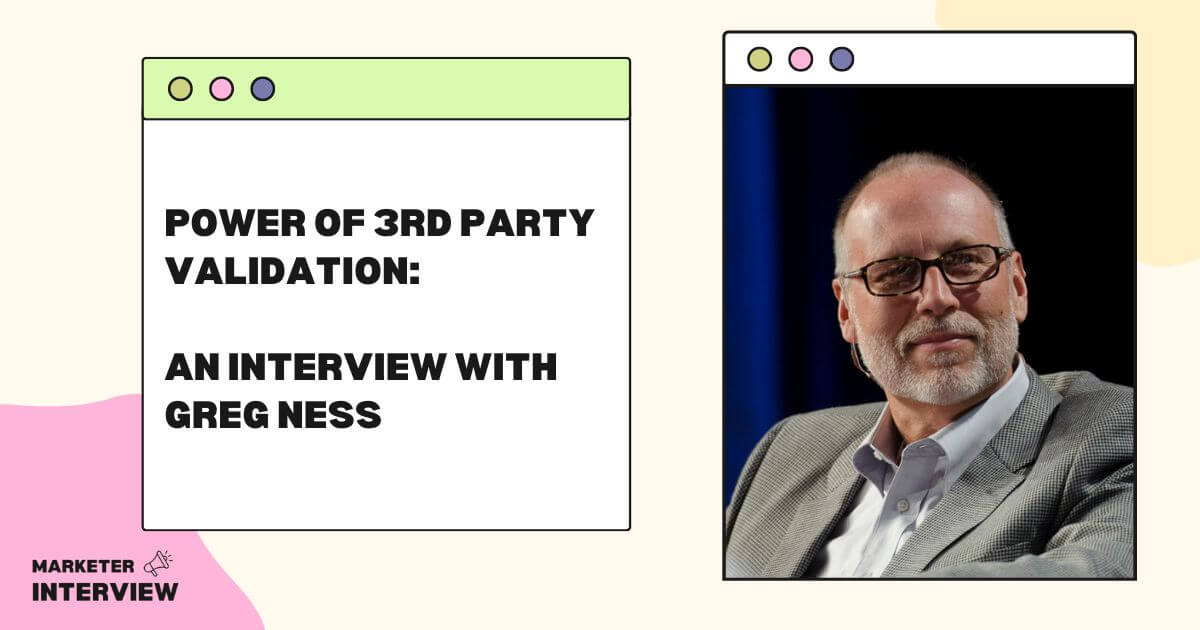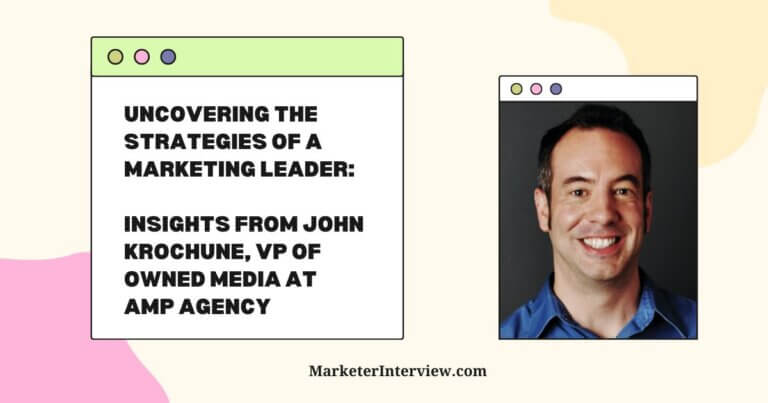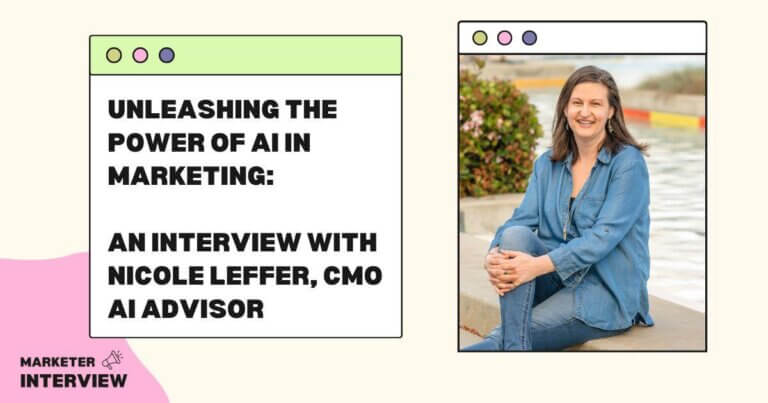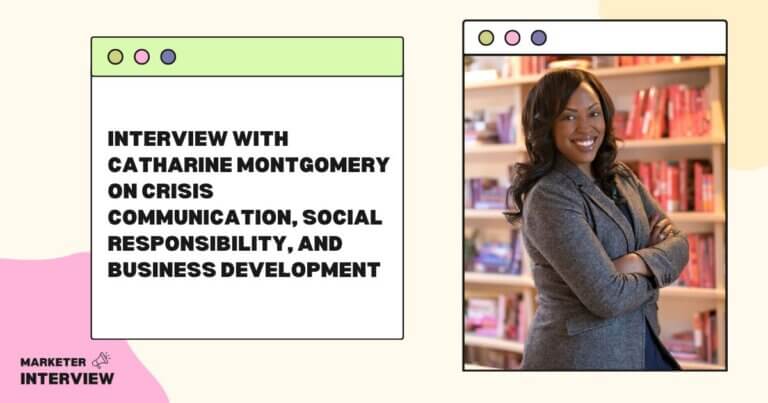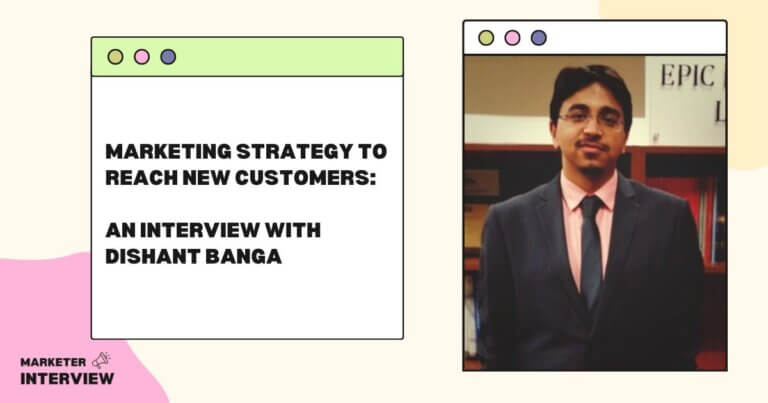Power of 3rd Party Validation: An Interview with Greg Ness
Welcome to Marketer Interview, where we delve into the minds of innovative marketers shaping the industry.
In this edition, we have the pleasure of speaking with Greg Ness, a Fractional CMO with a wealth of experience in B2B tech marketing.
With a diverse background in cloud computing, virtualization, security, networking, and data center startups, Greg has been involved in numerous successful ventures. He has played pivotal roles in Vidder/Verizon, ShoreTel, IntruVert/McAfee, and many more.
Today, we will explore Greg’s expertise in 3rd Party Validation for startups and gain insights into his career journey.
Contents
- 1 Can you share with us how you first got started in the marketing field and what drew you to it?
- 2 Throughout your career, you’ve been involved with various startups. What motivated you to work specifically in the B2B tech sector?
- 3 3rd Party Validation is a topic you’re passionate about. Could you explain what it means for startups and why it’s crucial for their success?
- 4 What experiences or lessons have you learned from your involvement in successful exits like Vidder/Verizon, ShoreTel, and Infoblox?
- 5 How do you approach developing a marketing strategy for startups, considering their unique challenges in the competitive tech landscape?
- 6 Can you give us an example of a successful 3rd Party Validation campaign you orchestrated and its impact on a startup’s growth?
- 7 What are the key elements that contribute to establishing credibility and trust for startups in the eyes of potential customers or investors?
- 8 How do you leverage content marketing and thought leadership to position startups as industry experts and gain 3rd Party Validation?
- 9 What role does social proof play in 3rd Party Validation, and how can startups effectively utilize it to build trust?
- 10 As a Fractional CMO, what tools and software do you find most valuable for executing your marketing strategies?
After my MA in Middle Eastern Studies and Economic History, I wrote to a startup consumer CEO about what he needed for his international marketing exec.
He had heard the same thing from his board and interviewed based on my letter responding to his ad in the paper. So that is how my career shifted. We had two amazing years of growth after five years of struggling.
Throughout your career, you’ve been involved with various startups. What motivated you to work specifically in the B2B tech sector?
I was attracted to Silicon Valley after being in a large telco company for about ten years. I wanted more of a challenge and less politics.
The large companies were very secure versus startups and much more engaging. Startups have a higher risk of failure, and the markets could change very quickly due to innovation and investments pouring in from VCs.
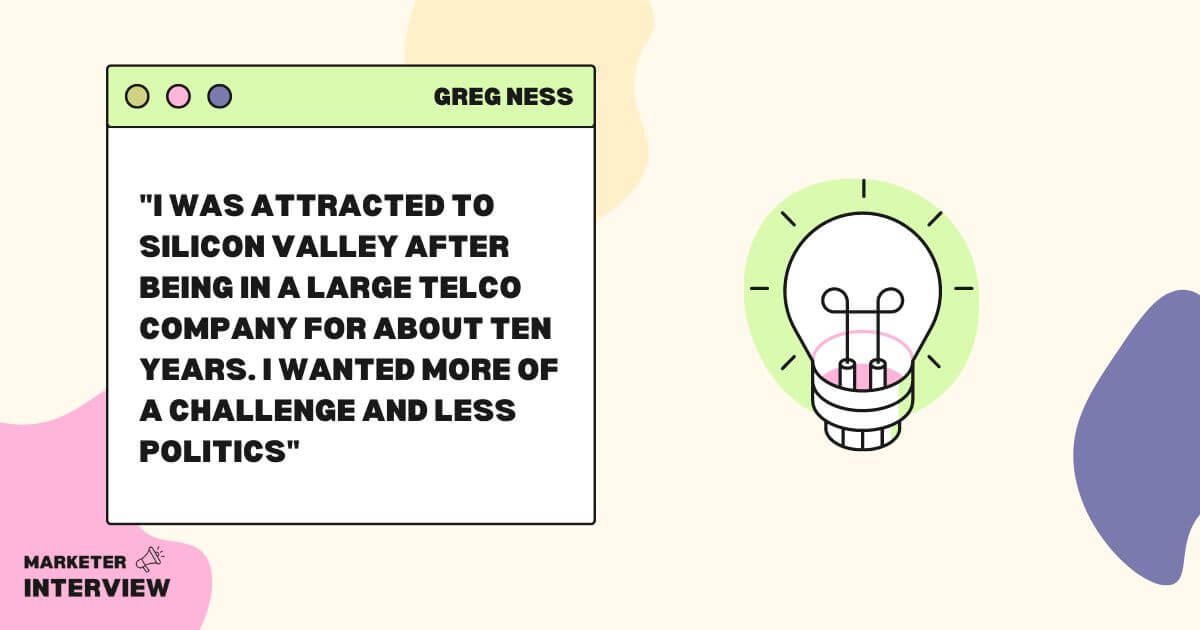
3rd Party Validation is a topic you’re passionate about. Could you explain what it means for startups and why it’s crucial for their success?
Marketing at an unknown company has a very different dynamic than companies with well-known and trusted products and services. As more startups entered their markets, there was less mystery and more suspicion. Many startups failed, bringing more risk to many execs who bought them.
So 3rd party validation of the capabilities of your product and the business impact became much more important than other marketing outreach and awareness investments. Case studies were much more effective for startups with fewer than 100 customers.
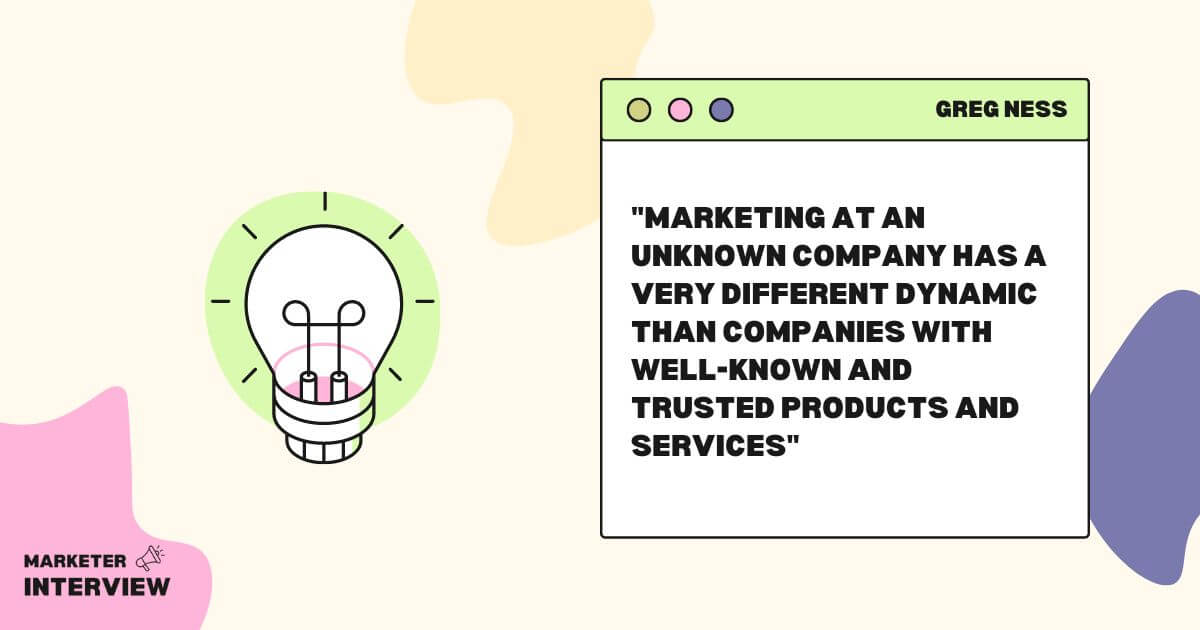
What experiences or lessons have you learned from your involvement in successful exits like Vidder/Verizon, ShoreTel, and Infoblox?
I started at ShoreTel, then took it up a level at Redline Networks as it saw a jump in inbound opportunities that made a huge impact on revenue growth and eventually getting acquired. Saw similar results at many other startups.
At Verizon, we received many awards for impacting sales by generating pure awareness with some personality, advertising, and PR. But that was a multi-billion service provider that most customers and prospects were very well known and trusted.
Most of my startup jobs were the opposite. So as tech startups, we followed Nike and Apple in turning customers into heroes.
How do you approach developing a marketing strategy for startups, considering their unique challenges in the competitive tech landscape?
Credibility is far more important than other marketing awareness regarding specialized enterprise tech solutions. So we start focusing on 3rd party content, from product reviews to case studies.
And we want them to be 100% accurate versus some companies that will make up imitation case studies because their “customers” refuse to endorse them.
Can you give us an example of a successful 3rd Party Validation campaign you orchestrated and its impact on a startup’s growth?
Early in my career, we prepared three case studies for Redline that tech writers wrote based on interviews with our customers. We did very slight editing and let the customers do the final edit/review. The result was some great case studies that turned our clients into our best sales execs by sharing them with their peers.
Over several quarters we turned off many of the large company marketing activities that had done little and expanded the case study reach. We did something similar at Infoblox before the IPO but did more broadly marketing projects because we were larger, and case studies helped us accelerate our other marketing programs. So slightly different than earlier startups.
At Vantage Data Centers, we recruited analysts that were environment experts and showed off the business and environmental impacts our customers had in our advanced data centers, including kicking off the Earth Day Data Center movement. We had a huge growth period after a slow start at the beginning.
What are the key elements that contribute to establishing credibility and trust for startups in the eyes of potential customers or investors?
100% of customer review and approval. Many would tell us we could have claimed more than what was said. They could tell others and have more impact than reading about it. No exaggeration, heavy advertising, etc.
We want execs to know how important they are to us and our credibility. Our services and products will work very well. It is so important for growth.
How do you leverage content marketing and thought leadership to position startups as industry experts and gain 3rd Party Validation?
If possible, the cover page has the actual execs on them, with a few lines of highlights followed by an outline and overviews. Typically like 6 pages at max. Shorter, the better, if possible.
We want the customers to be very proud of what their team has accomplished with us versus all about our solution.
Many startups experiment with things done at larger companies and waste time and money. Most of my new lands were at struggling startups imitating big companies and spending programs and then wondering why little happened.
Tech for enterprises, especially security, has been very different from other markets… where awareness was more effective… like Verizon, when we won many awards and impacted revenue with advertising.
As a Fractional CMO, what tools and software do you find most valuable for executing your marketing strategies?
Having relationships with writers and experts who have been around and are deeply experienced in content. Outbound services I’ve used before and proven or heard about something from another peer versus cold outreach. Most marketing vendors contact me before understanding my market and what I need.
